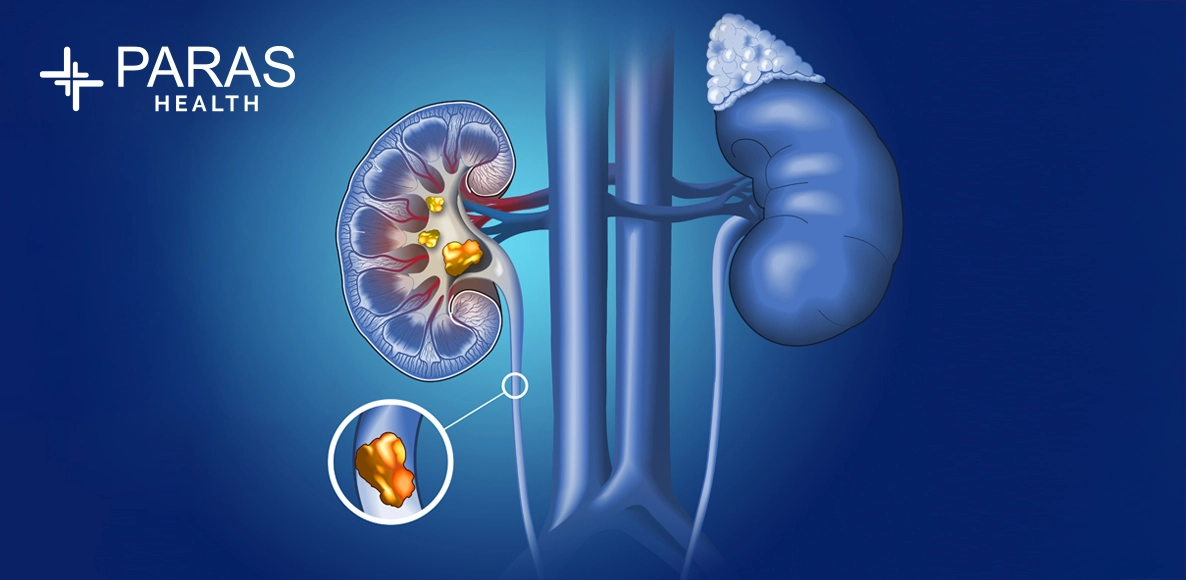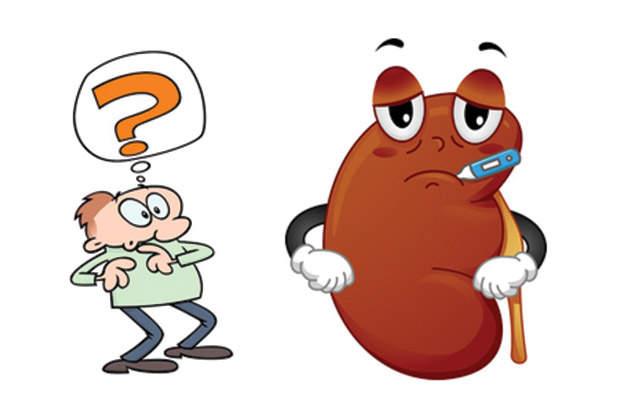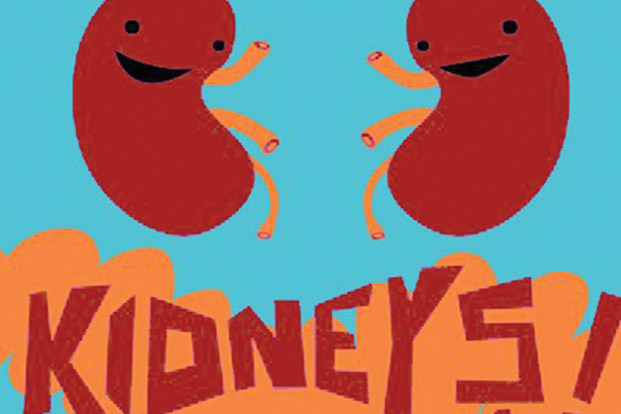Legal Aspects of Living Kidney Donation

Apr 19, 2022
With the rise in the number of kidney failure patients, the requirement for kidney transplants has increased manifold. The Government of India had passed the law ‘The Human Organ Transplantation Act, 1994’ in order to regulate the removal, storage, and transplantation of human organs for therapeutic purposes and to prevent commercial dealing in human organs. The act was amended in the year 2011 and is now called “The Transplantation of Human Organs (Amendment) Act, 2011”. Currently, we are following the rules made by the Central Government under the Act- “The Transplantation of Human Organs and Tissues Rules, 2014”.

The rules clearly define who can donate organs. These donors are mainly known as “Near Related Donor or Other than Near Related donor”. The grandparents, parents, spouse, siblings, children, and grandchildren above 18 years of age of the patient are the “near related donor”. And anyone other than the nearly related donor is called “other than near related donor” (for e.g; uncle, aunty, in-laws, friend, step-siblings or step-parents, etc).
The recipient (the person who receives the organ) or the donor (the person who donates the organ) are required to submit documents like, Aadhar card, PAN Card, passport, a family photograph depicting the proposed donor and the proposed recipient along with other near relatives to prove their identity, address and their relationship.
The near related donors are required to prove their relationship with the patient through these documents and a DNA test. The other than near related donors are required to prove their motivation behind the donation along with the required documents and other requirements. Foreign nationals, whether related or other than near related and Indians other than near related donors are required to seek permission from the Government appointed Authorization committee and appear in front of the committee to prove their motive for donation, which has to be purely voluntary or due to the love and affection towards the recipient. The committee will also scrutinize the documents in order to rule out any commercial dealing behind the donation.







